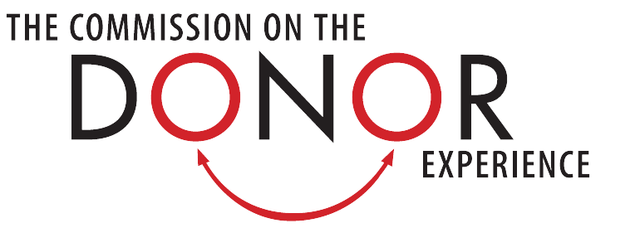CDE project 23: small charities
- Written by
- The Commission on the Donor Experience
- Added
- April 01, 2017
Overview
Small charities make up a significant part of the sector, and the Commission on the Donor Experience recognises that working in a small charity can represent a challenge when trying to implement donor focused fundraising.
From the outset, it was recognised that in part, some of the recommendations would seem irrelevant to smaller charities, however there is something that can be taken and applied from every project no matter the size of the charity.
Indeed, in lots of ways, small charities are already practising much of what is being recommended in this report and it is small charities that are often far better placed to change working practices, mindset and culture. Where there is much challenge is lack of resource and budget and so prioritising the recommendations of the Commission on the Donor Experience is essential for organisations without dedicated teams for different areas of fundraising.
What this project is and isn’t
The idea behind this project is not to give a definitive set of recommendations. The definition of a ‘small’ charity can be interpreted from the micro charity through to a mid sized charity, so having a one size fits all interpretation would be impossible.
This project is intended to give a starting point to allow any charity with limited resources to easily look at some of the most important parts of the output and to suggest some of the areas where charities with small or sole fundraisers might look at interpreting some of the output’s recommendations. It is not intended to replace reading and interpreting each project.
Some of the project recommendations are referred to by number, however there are some observations for smaller charities that we felt important to include that fall outside of project recommendations. Where you see no number reference, these are observations from the panel of small charity reviewers rather than coming directly from the projects themselves.
Common themes
Throughout this project, some reoccurring common themes have been evident.
Small charities have a real opportunity to implement recommendations very quickly as smaller organization often operate with a flatter structure and a team that is often much closer to the work.
Trustees and senior management are really vital to get on board with the output of the commission as there is much that they can do to assist and embed the principles in the organisation.
Lack of resources – both time and budget - is a common barrier, however with some creative thinking and with the right team in place, a lot of improvements can be made at very little cost. Some of the recommendations suggest actions that will improve capacity and a lot of the recommendations are not reliant on big budgets.
GDPR & Data Management – this is something that is front of mind currently and will undoubtedly be a bigger issue for smaller charities, both now and in years to come. Investment in the area of database management and data protection is not an option, and something that is a recurrent theme within a lot of the projects.
Methodology
Rather than review the output with a small number of people, each project was reviewed by a number of people with varying levels of small charity experience in the given area. This could either be as a volunteer, a paid fundraiser or a trustee and nearly 50 fundraisers have contributed to this project.
The output was reviewed and collated by experienced fundraisers and the result is this project, which is intended on being a starting point for small charities.
Each project within the Commission’s output has three things to consider or prioritise which are a combination of advice, observations and recommendations from fundraisers who have operationally worked at a small charity level.
This project was undertaken as a collaboration with the Small Charities Coalition led by John Barrett, and the Commission on the Donor Experience. The final report was collated and written by Rachel Hunnybun, a commissioner with experience of working in a practitioning fundraising role within a variety of small and medium size charities.


















